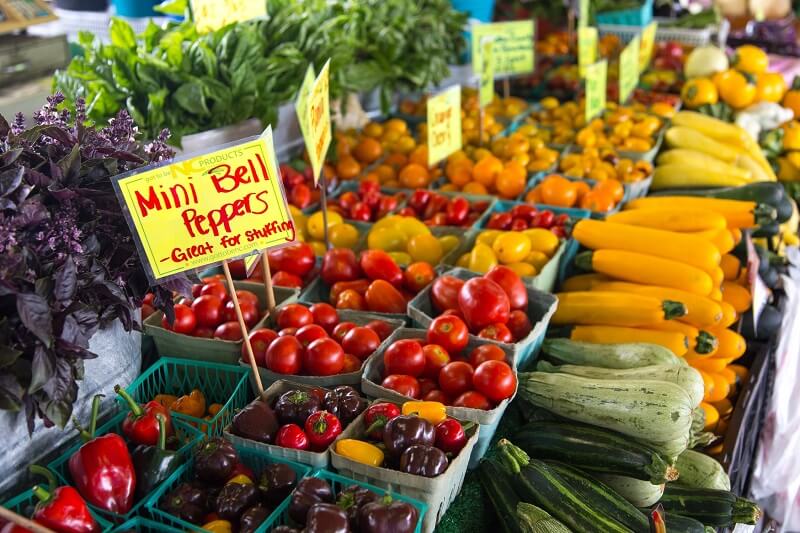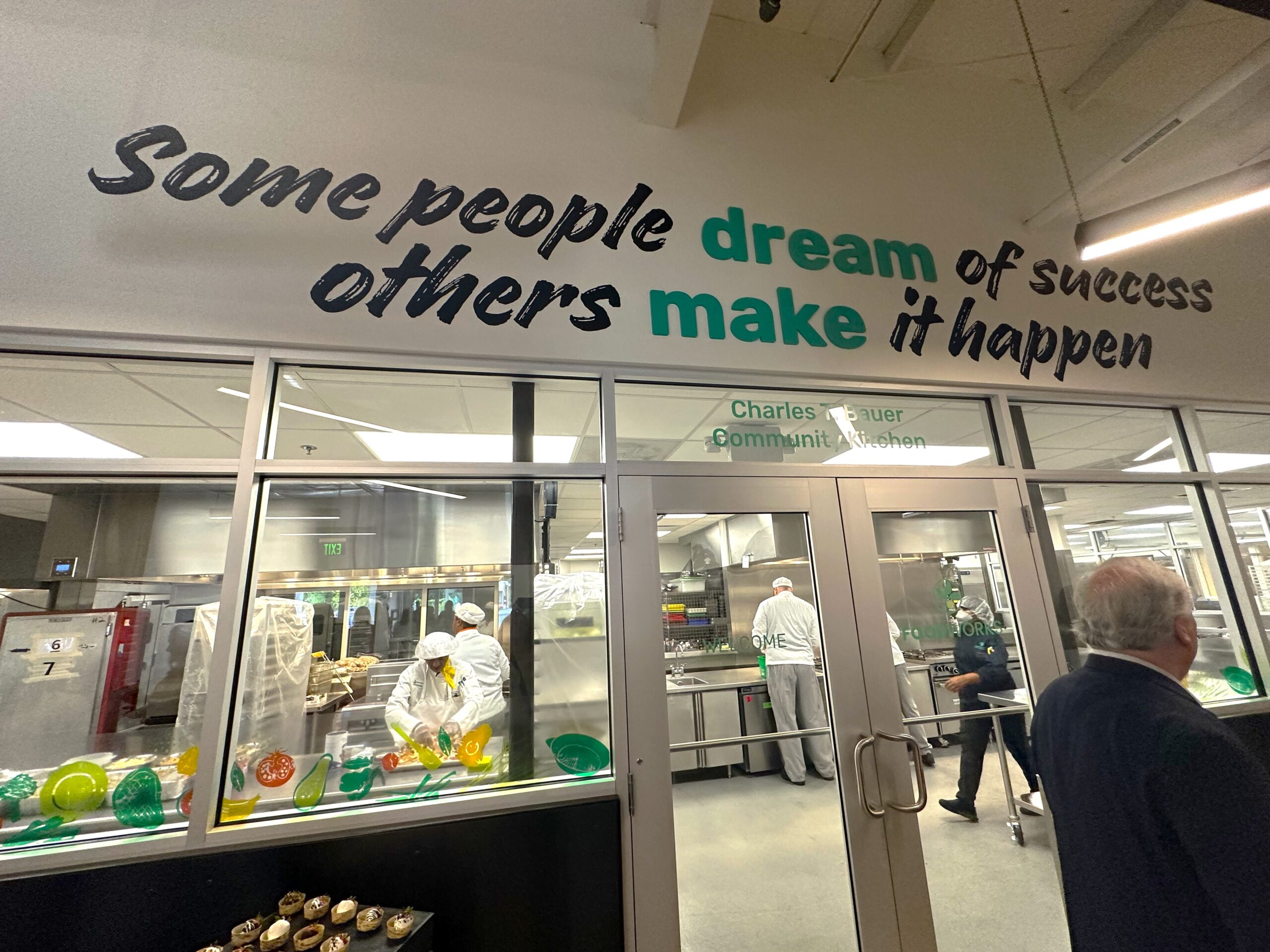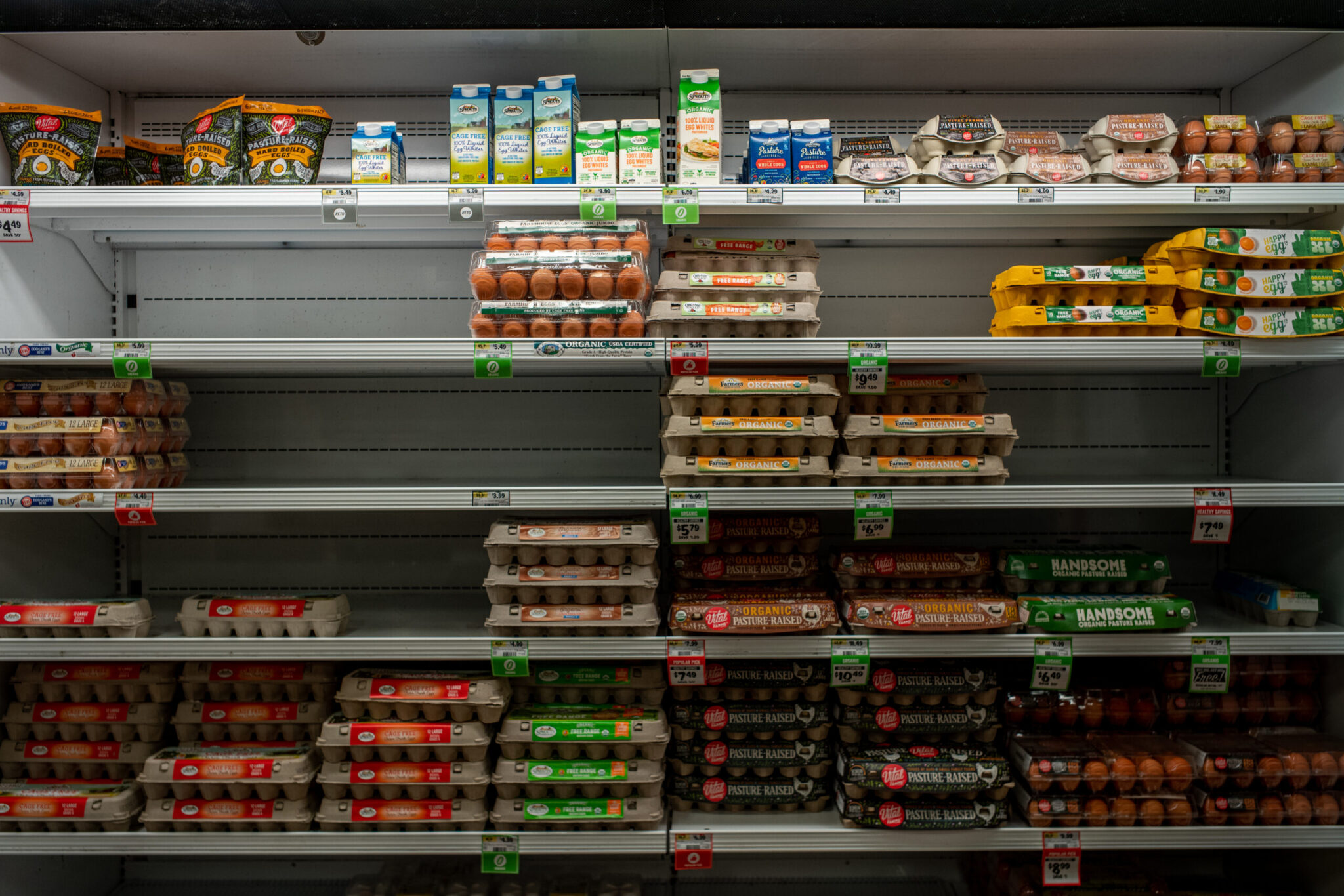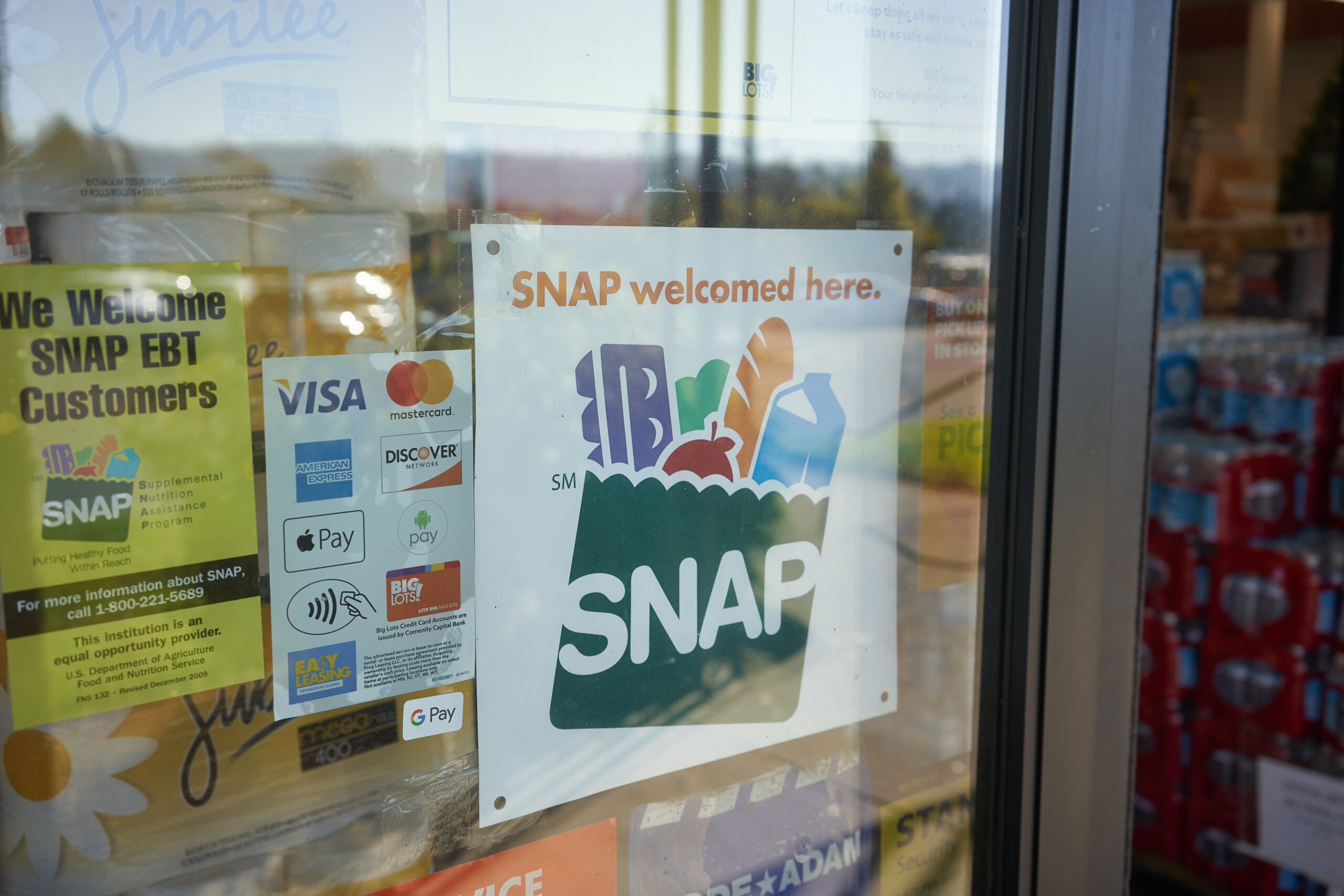
The Maryland Food Bank recently launched a program that helps connect Baltimore residents to job training programs in growing industries such as health care and clean energy, and also provides a financial stipend and food assistance.
Maryland Food Bank’s Workforce Development pilot program focuses on job training in Baltimore, where unemployment and underemployment rates are the highest in the state.
Baltimore residents who are between 18 and 25 years old and are not attending school or working are the preferred applicants, but the program is open to anyone who shows a willingness to commit and is able to commute to the training centers in Baltimore, according to Joanna Warner, director of communications for the Maryland Food Bank.
In 2018, 17% of youth living in Baltimore between 16 and 24 years old were neither in school nor working, compared with 11% of youths in the same position across the state, according to a November research report by Maryland Food Bank. More than half of all households in Baltimore live below a survival budget threshold, which is $72,156 for a family of two adults and two children, according to the same report.
“There are lots of great programs aimed at supporting young people, but few offer all the tools to prepare them for jobs in the high-growth, good-paying industries we’ve identified,” Eliza Weeks, senior manager of pilots and strategic initiatives at Maryland Food Bank, said in a statement.
“We’re also going the extra mile to help them overcome barriers by providing weekly food boxes and a stipend, giving participants one less thing to worry about.”
The job training programs have different start dates depending on the organization that the food bank is working with, but most training programs last between 8-14 weeks, Warner said. Currently, they have seven participants but their goal is 30.
After job training, the program will help with job search and will follow up for at least two years, Warner continued.
In addition, the Maryland Food Bank will offer a program that allows Marylanders eligible for Supplemental Nutrition Assistance Program to order groceries online from four different pre-packaged food boxes and have them delivered to their home weekly — except in Allegany and Garrett counties.
This would help those who sought food assistance but have difficulty visiting the food pantry, such as the elderly and people with disabilities or those who do not speak English.
Currently, the program — called “OrderAhead” — is being tested with a limited number of people. It will be expanded incrementally to specific populations that will be identified by the pilot team, Warner said.
“These pilot programs are central to our goal of expanding food access and creating pathways out of hunger,” Meg Kimmel, executive vice president and chief strategy officer in Maryland Food Bank, said in a statement. “It’s part of the food bank’s DNA to innovate. We see the need, so we start a new program to meet that need. We’re proud of the fact that we can start something, hit the ground running, and then learn and evolve as we grow.”
To apply for the workforce development pilot program: click here.




 Creative Commons Attribution
Creative Commons Attribution